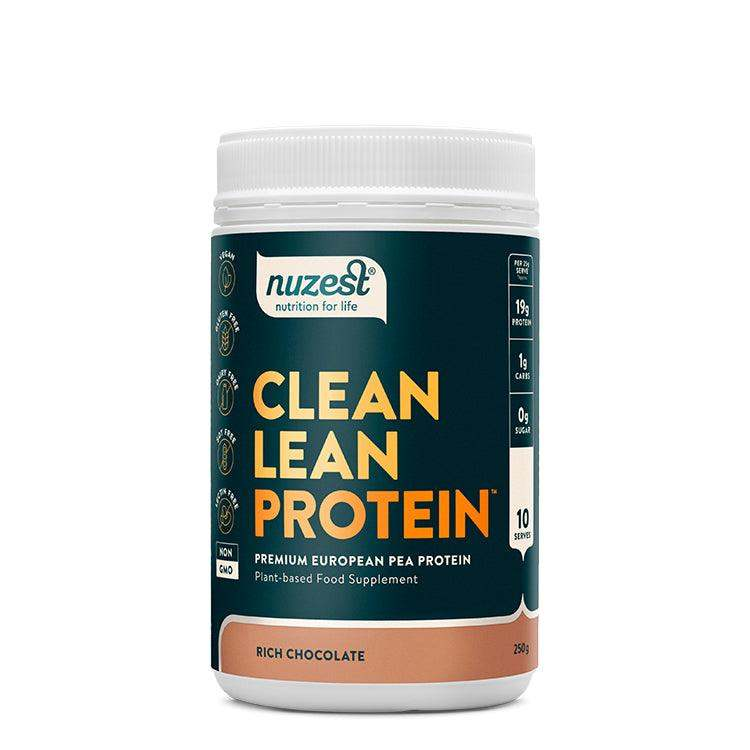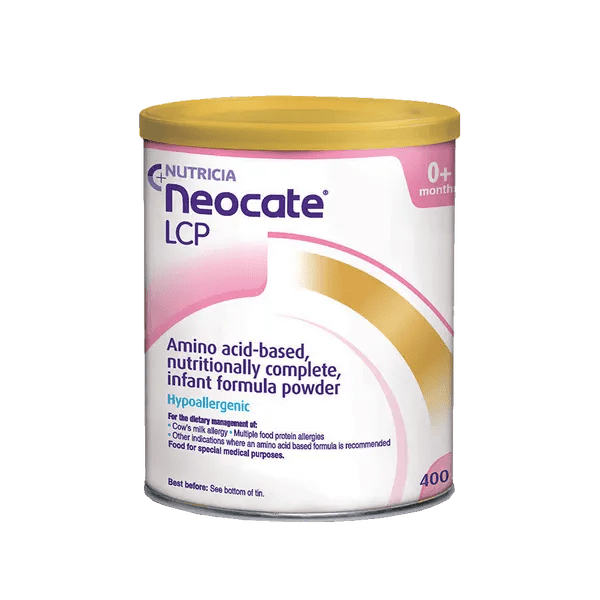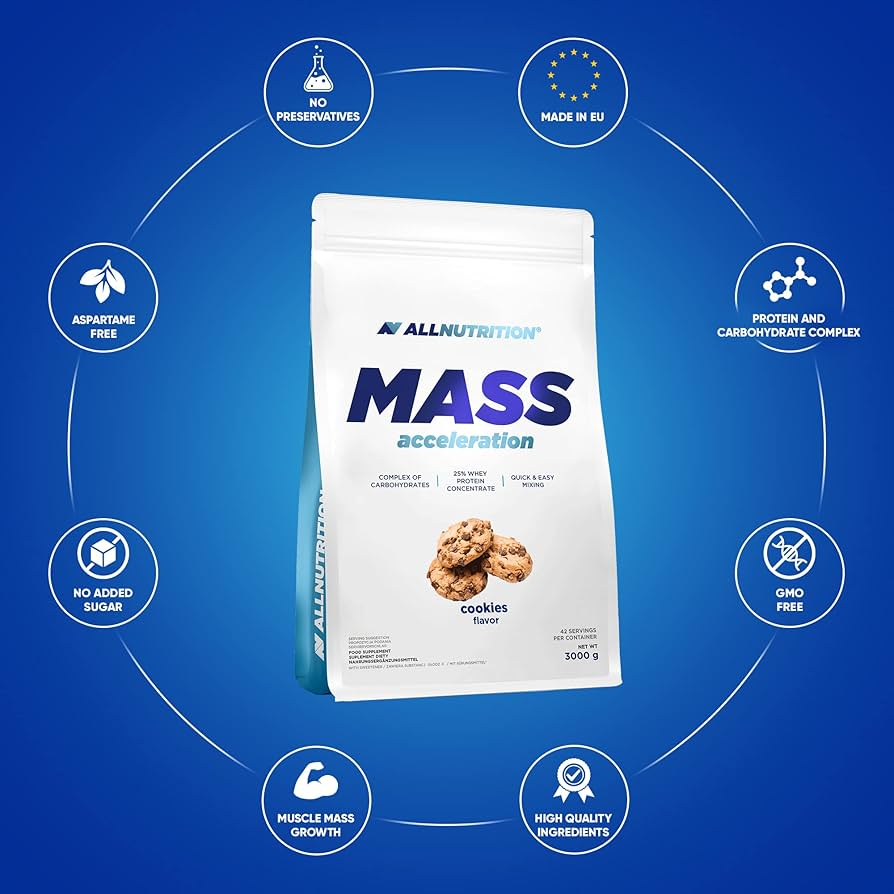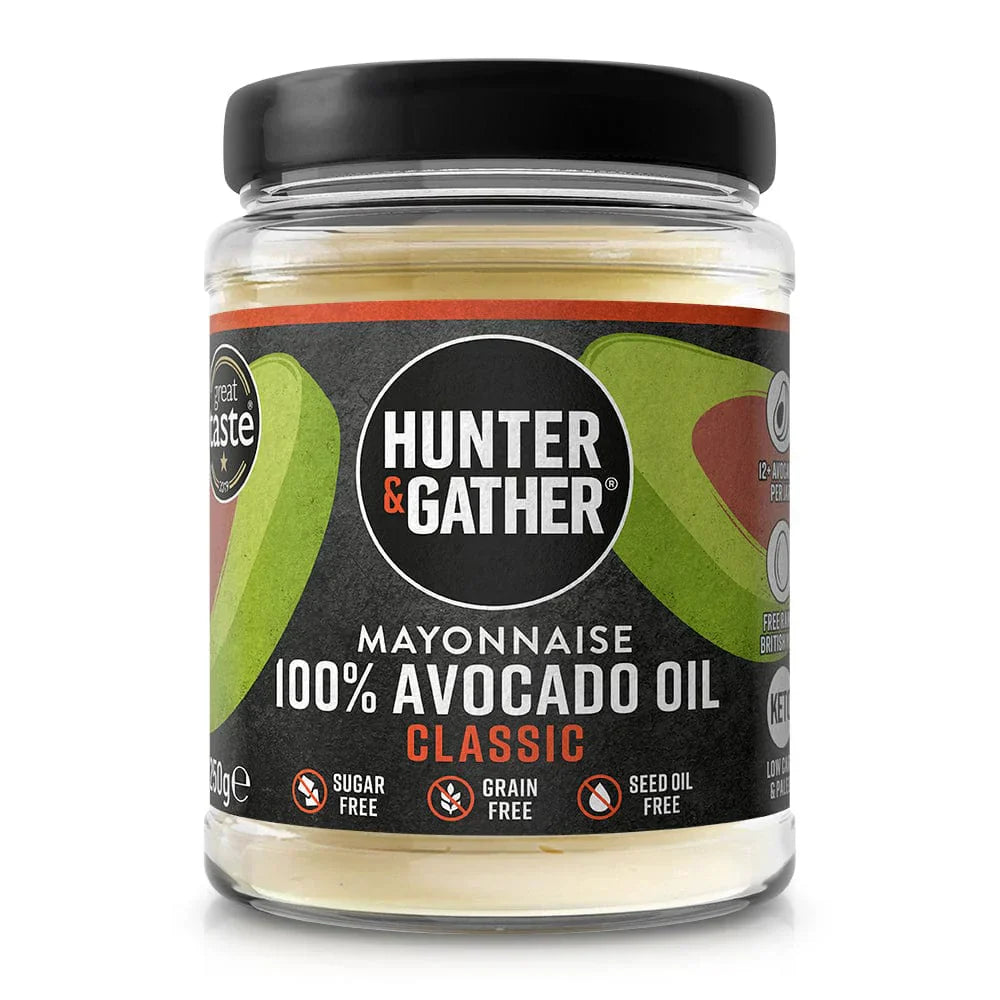
Related products
Croissants, flaky, buttery delights from France, have been tantalizing palates worldwide for centuries. They arrive on breakfast tables in a variety of forms—plain or filled with chocolate, almond paste, or even ham and cheese—and are undeniably scrumptious.
Professionally crafted croissants involve meticulous preparation and require several key ingredients: flour, water, milk, sugar, salt, and an essential fat component such as margarine or, more traditionally, butter.
Making them begins by making the dough, which is then covered with layers of thinly rolled sheets of fat – usually butter- and gets its unique mouthwatering taste from here primarily. After baking, this layered dough goes through repeated folding to achieve a multi-layered texture. When this layered composition hits the oven's optimal heat settings around 200°C/400°F (approx), water contained within rapidly turns into steam, creating pockets that separate these thin layers, giving rise to their distinctive lightness coupled with crispiness.
The question of how healthy they are arises when one observes that their method of preparation is high in saturated fats like butter while also having refined carbohydrates due to the widely used white flour during production stages.
What Are Croissants and Are They Healthy?
Croissants, quintessential French pastries characterized by their crescent shape and flaky texture, are popular for breakfast or anytime snack. Their buttery flavor and airy yet delicate interior certainly make them deliciously irresistible.
However, when considering the health aspect of consuming croissants regularly, it is important to note that they might not be the most nutritious option available. With ingredients primarily composed of refined flour (white) and high amounts of saturated fats (typically from butter) without providing significant quantities of essential vitamins or minerals in return, nutritional balance seems lacking.
Admittedly appealing due to its taste profile shaped through unique culinary craftsmanship, it offers minimal dietary fiber with substantial caloric content, leading to potential weight gain over time if consumed in large quantity alongside being low on satiety value, potentially promoting overeating.
Therefore, even though the croissant's allure lies within its unsaid indulgence, anticipation is amplified further by toastiness post baking than fitting into everyday healthy eating patterns, especially for those prone to heart conditions owing to excessive "bad" cholesterol concentrated in such food items, escalating chances risk factors related cardiac concerns upon frequent consumption pattern oriented towards similar offerings.
Nutrient Value of Croissant
The average nutritional profile of a medium-sized (57g) plain croissant includes:
Calories: Around 231 kcal, which provides the energy for our daily activities.
Protein: Approximately 5 g, crucial for tissue repair and growth.
Carbohydrates: Roughly around 25 grams, with approximately 6 grams being sugars that act as an instant source of fuel for the body
The total fat content is between those double-digit markers at approximately 10-20 g; this is evident from the high butter usage during preparation stages, which predominantly consists of saturated fats.
Cholesterol levels are usually marginal, close to single-digit milligrams per serving, but caution is needed, especially for individuals predisposed to heart-related risk factors.
Vitamins and minerals exist in trace amounts without notable significance within the broad nutrient spectrum contextually seen comprehensively here.
Croissant Ingredients

Croissants comprise a handful of basic components, each contributing to the pastry's signature taste and texture. However, these ingredients might raise concerns when examined from a health perspective.
Flour
Primarily refined white flour is used in croissant preparation as the base for making dough. While it lends fluffiness to the end product, this type of flour has been stripped of its fiber content during processing stages, inducing blood sugar spikes and subsequent quick dips. This increases hunger pangs soon after consumption, potentially leading to overeating; hence, it negatively impacts weight management on a regular consumption basis.
Butter
The classic ingredient gives croissants their buttery decadence, but unfortunately, they also come packed with high amounts of saturated fats, raising levels of bad cholesterol if one indulges too often, thereby escalating heart disease risks besides potential weight gain due to common dense calorie nature naturally found within fat sources.
Sugar & Salt
Both enhance flavor profiles but can cause significant health issues such as increased risk for diabetes or hypertension development respectively upon excessive intake patterns consistently over time.
Yeast/Milk/Water
These are necessary elements required to create a fluffy structure while baking, maintaining the desired softness internally against the outer crispy facet effectively without much direct negative impact, specifically unless individual intolerance or allergies, such as lactose intolerance or allergy case dairy milk usage.
Milk
It provides proteins and vitamins (like Vitamin B) that have clear positive ramifications for our bodies, including muscle growth maintenance and aiding various bodily functions to smooth operations today. However, again, caution should be exercised respecting those sensitive who suffer allergy-related occurrences.
Egg Wash
Frequently applied glaze pre-baking stage egg wash imparts an attractive golden brown finish with simultaneous crispiness exterior side; however, it likely poses marginal added calories though mostly negligible effect itself individually isolated factored overall caloric load per serving portion size contextually speaking here.
Are Croissants High in Fat?

Yes, croissants are indeed high in fat. The characteristic flaky texture and rich taste of these pastries owe much to the substantial amount of butter used during their manufacture – a component known for being saturated fat-rich. Butter is liberally layered into the dough during preparation, which not only delivers that unique mouthfeel post-baking but also escalates total calorie count exponentially, hence making it a prime contributor towards the overall fat content observed within them.
Butter-based cuisine inherently contributes a significant number of calories primarily through loaded fats seen even in otherwise healthy food items, too, at times, especially baked goods. Category one such instance is under scrutiny right now and is croissant! Such concentrated sources of bad cholesterol assert the importance of moderation consumption where indulgence takes precedence; health perspective ensures long-term well-being despite occasional gourmet explorations pursued by culinary art lovers worldwide or merely everyday consumers looking for breakfast variety among regulars practically speaking outside theory realm objectively.
Are Croissants Bad For Cholesterol?
Indeed, regular consumption of croissants might negatively influence cholesterol levels. The primary reason is the considerable amount of butter used to create their distinct flaky texture and rich taste.
Butter is a food source high in saturated fats, scientifically linked with increasing "bad" low-density lipoprotein (LDL) cholesterol when consumed excessively over time. High LDL cholesterol contributes to plaque accumulation along arterial walls—a condition known as atherosclerosis—potentially leading to heart diseases, including strokes or heart attacks, upon serious escalation unattended chronically.
Tips For Making Healthy Croissants
Making healthier croissants requires mindful tweaks in ingredients and baking methods. This ensures that your pastries retain their delightful taste without compromising nutritional value.
Whole Grain Flour: Swap white flour with whole grain variants to incorporate beneficial fibers into the recipe. This offers improved digestive health and elongated satiety periods, thereby controlling hunger better alongside more stable blood sugar levels post-meal consumption.
Reduced Fat Butter or Healthy Fats: Opt for lower fat butter alternatives like light spreads or even other heart-healthier fats such as olive oil, which has monounsaturated fatty acids known for promoting good cholesterol presence & reducing bad ones effectively within body system parameters.
Sugar Substitutes: Consider using natural sweeteners like Stevia or Erythritol that don't impact glucose spikes in a similar way traditional sugars tend while substantially preserving the required sweetness effect.
Control Salt Amounts: Examine the amount of salt being added. High quantities lead to a long-term risk of hypertension development, so moderation is key here.
Fillings Matter: Incorporating wholesome fillings, such as fresh fruits, nuts, etc., will not only enhance flavor profiles further but also add valuable nutrients overall, ultimately making the dish nutritionally dense relative to the majority of commercially available alternative counterparts.
Portion Size Monitoring: Lastly, understanding that eating smaller portions helps check total caloric intake, essentially maintaining a balanced diet routine intact and longer-run successful. A disciplined approach consistently over time brings about sustainable positive lifestyle changes eventually collectively.
Takeaway
Croissants, while delicious and tempting on the palate, reflect a nutritional profile not conducive to daily intake due to their high saturated fat content coupled with refined carbohydrates—factors known for their adverse health implications. However, making them healthier presents avenues such as substituting whole grain flour instead of white or using less harmful fats rather than traditional butter, among other measures detailed above.
It's important to adopt mindful eating habits irrespective of delicacies. One prefers indulging in regularly understood balanced nutrition, which is paramount to ensuring overall well-being holistically; hence, making informed food choices along with maintaining portion control become key elements towards achieving said optimal health parameters successfully over time.
Frequently Asked Questions
Is croissant healthier than bread?
Bread, particularly whole grain or multigrain varieties, tends to be healthier than a croissant due to higher fiber content and fewer saturated fats.
Is it okay to eat a croissant on a diet?
Eating a croissant on a diet isn't necessarily detrimental if consumed in moderation while maintaining the daily calorie count against the required nutritional balance beneficial for overall health maintenance.
Why is croissant good for you?
Croissants aren't innately 'good' for you in terms of the packed nutrients they provide; their appeal predominantly lies within exquisite taste coupled with a unique texture, making them the preferred choice largely sensory delight perspective, more so nutritionally speaking directly from a health vantage point se
Is a croissant high in sugar?
Depending on how it's made, traditional plain croissants usually don't contain high amounts of sugar but account for variations from bakery to bakery or specific added filling types that might substantially escalate total sugar levels.















 Rated Excellent by 26,523+ Reviews
Rated Excellent by 26,523+ Reviews